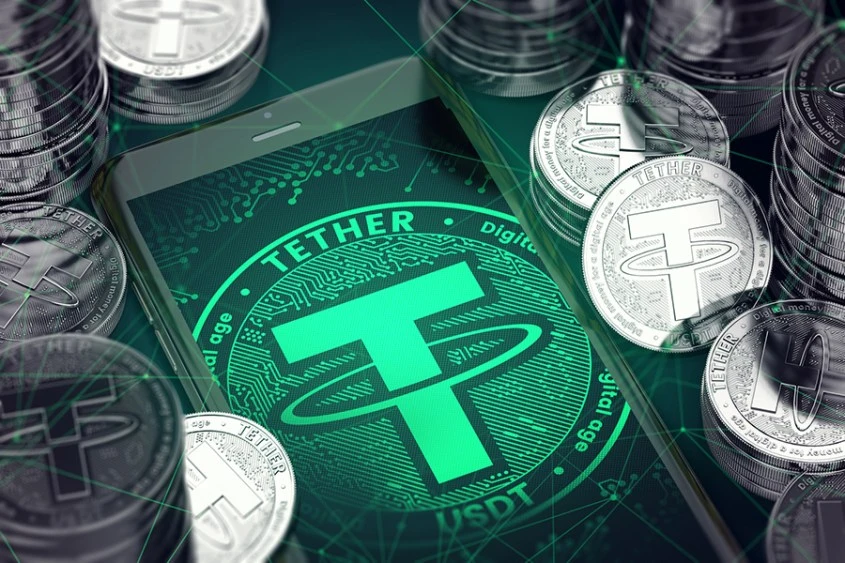In 2023, Brazil’s revenue agency reported that Tether (USDT) accounted for 80% of all crypto transactions in the country.
By mid-October, USDT transactions hit R$ 271 billion, or about $55 billion.
Interestingly, this amount doubles Bitcoin’s transaction volume, which stands at R$ 151 billion or $30 billion.
Stablecoins like USDT aim to hold a steady value, often linked to fiat currencies like the dollar.
Since 2021, USDT’s usage in Brazil has been on the rise. For the first time, it outpaced Bitcoin in July 2022.
This spike happened during a rocky period for the crypto market when key lenders like Three Arrows Capital collapsed.

In 2022, Brazil’s crypto market shrank by almost 25%, landing at R$ 154.4 billion or $31 billion. This data comes from the government.
Brazil’s tax agency uses AI to monitor crypto activities. Their system can spot suspicious behavior and identify the people involved.
Additionally, the focus is shifting towards Brazilians’ overseas crypto holdings. On October 25, a new law passed, categorizing cryptocurrencies as “financial assets” for tax reasons.
From January 2024, overseas gains from R$ 6,000 to R$ 50,000 will face a 15% tax rate. Any amount above this will incur a 22.5% tax.
Since 2019, crypto exchanges in Brazil must report user activities to the government. If your monthly gains exceed R$ 35,000, a tax ranging from 15% to 22.5% applies.
Global exchanges like Coinbase and Binance also operate in Brazil. They stand alongside local platforms such as Mercado Bitcoin.
Background
The rise of Tether in Brazil indicates a shifting preference among crypto users. Stablecoins offer a less volatile option, appealing to both seasoned investors and newcomers.
It’s worth noting that this trend aligns with global shifts towards the use of stablecoins. Brazil’s proactive approach to crypto regulation sets a precedent for other nations.
By implementing laws and leveraging technology like AI for monitoring, the country creates a safer and more accountable environment.
The recent law on taxing overseas crypto gains could encourage domestic investment. It adds another layer of regulation that could build investor trust.
Overall, Brazil’s evolving crypto landscape signals its readiness to adapt to the demands of a digital economy.

